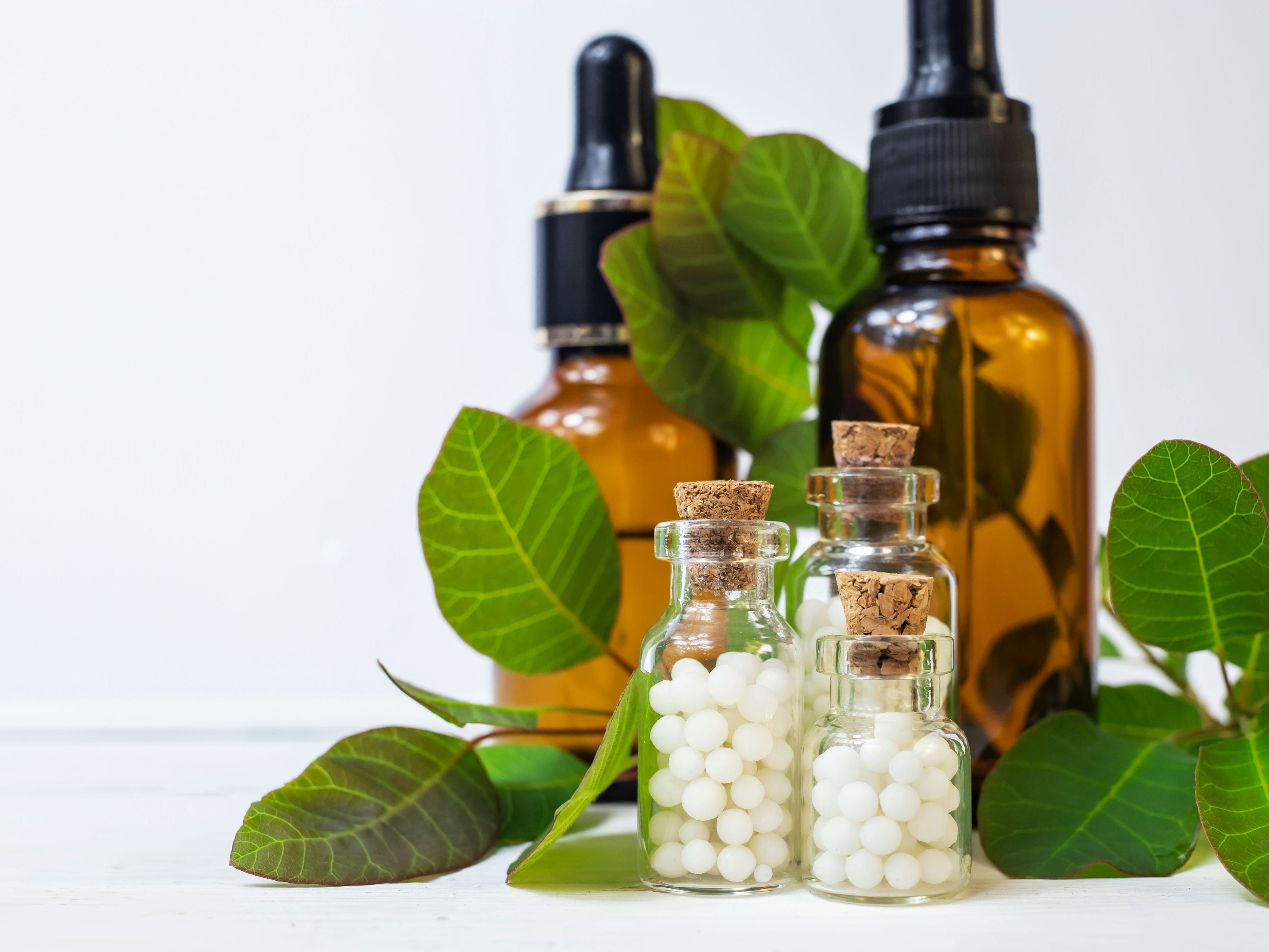Peppermint Oil: Is it Toxic?

The Bottom Line
Peppermint oil is an aromatic and flavoring agent that contains up to 50% menthol. While it is promoted for many ailments, studies showing effectiveness are primarily for some digestive tract illnesses. If small amounts are swallowed, inhaled, or applied to skin or eyes, it can cause irritation and burning. Large doses can cause serious toxicity due to the menthol.

What are the uses of peppermint oil? What does peppermint oil do?
Peppermint oil is an essential oil derived from the flowers and leaves of the peppermint plant, Mentha piperita. It is primarily used as an aromatic and a flavoring agent. It contains up to 50% menthol, which has a minty odor and taste, as well as a cooling effect on the skin.
The only medical condition for which there are studies showing peppermint oil’s effectiveness are for irritable bowel syndrome in adults and abdominal pain in children. It is administered as oral enteric-coated capsules containing 180 mg of peppermint oil. It also may be beneficial when applied to the skin for tension headaches and to the hair and scalp to prevent hair loss and improve hair growth.
Peppermint oil is often promoted as a treatment for several conditions, but in most cases its effectiveness has not yet been determined. Some of these conditions include topical use for muscle aches, joint pain, and itching from eczema or psoriasis, as well as inhalation (aromatherapy) for treatment of cough and colds, muscle and nerve pain, nausea, stress, and mood improvement. It can also be used as a repellent for flies, mosquitoes, ants, spiders, cockroaches, and other insects and rodents.
Edible peppermint oil: Can you drink peppermint oil?
Peppermint oil in capsule form is intended to help treat stomach and abdominal discomfort. You can also drink peppermint oil by using it to make peppermint oil tea. Place one drop of peppermint oil, or 2-3 drops of peppermint extract, in a teapot of boiling water.
Peppermint oil side effects: How much peppermint oil is toxic?
When applied to the skin, peppermint oil can cause skin rashes and irritation. If you swallow it, you may experience oral irritation and burning, as well as nausea, vomiting, heartburn, and abdominal pain. Peppermint oil capsules are enteric-coated so the oil is released in the small intestine, which lessens the possibility of heartburn. Swallowing large amounts of peppermint oil may cause difficulty with balance and walking, confusion, and coma. The dose at which peppermint oil becomes toxic has not been determined.
Why should you avoid peppermint oil during pregnancy?
You should avoid peppermint oil during pregnancy because there is insufficient evidence as to whether it is safe or not. There is also concern that essential oils, including peppermint oil, may cause uterine contractions during the first trimester.
Can you have an allergy to peppermint oil?
Yes. If you are allergic and you put peppermint oil on your skin, you can experience allergic contact dermatitis with redness and itching of the skin. Your skin may blister. If you are allergic and use toothpaste containing peppermint, you may experience mouth irritation and ulcers. The allergy is likely due to menthol in peppermint oil.
Can peppermint oil damage eyes?
If peppermint oil splashes into the eyes, it will cause irritation and, rarely, corneal damage. Rinse your eyes immediately with comfortable temperature running water for 15 minutes. If irritation continues, contact the Poison Control or another medical professional.
What should you do if you inhale too much peppermint oil?
Inhaling peppermint oil can result in irritation of the nose and throat, cough, and shortness of breath from the menthol. If you become symptomatic after inhaling peppermint oil, leave the area and breathe fresh air. If symptoms persist, you may need to seek medical care.
If someone swallows peppermint oil, gets peppermint oil in the eyes, inhales peppermint oil, or if you have a question about using peppermint oil safely, help from experts is available through the webPOISONCONTROL online tool and by phone at 1-800-222-1222. Poison Control’s expert guidance is always free, confidential, and available 24 hours a day.
Wendy Klein-Schwartz, Pharm.D., MPH
Clinical Toxicologist
Poison Control Media Information
Did you find this page helpful? If so, we need your support. Poison Control is in constant competition with misinformation online. Links to www.poison.org or our webPOISONCONTROL triage tool from other websites and blogs help internet searchers quickly find accurate information and Poison Control’s contact information in an emergency. If you use the content from this page, please provide attribution via a link back to this page, www.poison.org, or https://triage.webpoisoncontrol.org/#!/exclusions. By doing so, you could save a life. Thank you!
Poisoned?
Call 1-800-222-1222 or
Prevention Tips
- Store peppermint oil up, away, and out of sight of children.
- Read product labels and use as instructed.
- Avoid peppermint oil and other products containing menthol if you experience an allergic reaction.
- If using peppermint oil as an alternative medicine find out if it should be combined with conventional care.
This Really Happened
A 16-year-old girl used peppermint flavored toothpaste and noted slight mouth irritation. She liked the minty taste and cooling sensation, so she used it again the next day. This time, she experienced more serious irritation, a tingly feeling on her tongue and cheeks, and a very uncomfortable burning sensation. She rinsed out her mouth with water and called Poison Control. The poison specialist asked if she was having any difficulty breathing or swallowing; she was not. The poison specialist informed her that she may be exhibiting an allergic reaction to the peppermint oil in the toothpaste and suggested that she switch to another toothpaste flavor and consider avoiding menthol-containing chewing gum and cough drops in the future. The poison specialist told her to call back if her symptoms progressed or did not resolve within a few hours.For More Information
References
Poisoned?
Call 1-800-222-1222 or
Prevention Tips
- Store peppermint oil up, away, and out of sight of children.
- Read product labels and use as instructed.
- Avoid peppermint oil and other products containing menthol if you experience an allergic reaction.
- If using peppermint oil as an alternative medicine find out if it should be combined with conventional care.
